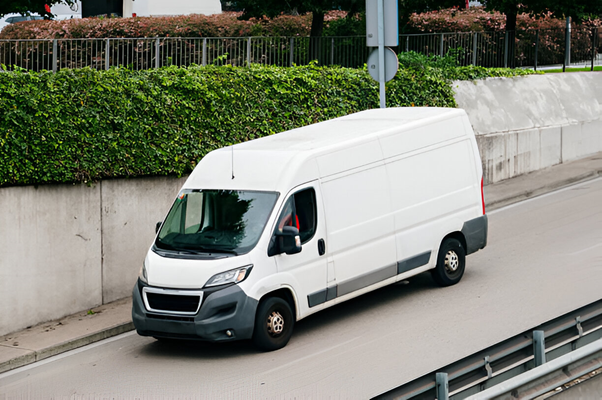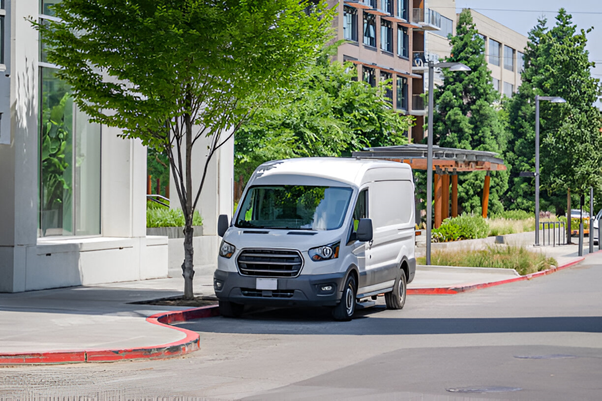When running a business, you must handle numerous hard decisions, including funding your business fleet. The foundation of your business services depends on reliable transportation, regardless of whether your operation consists of a single person or an entire fleet. Most business owners favor leasing vans instead of purchasing them with their funds because of its multiple advantages. Under the current system, the main benefit for most commercial entities is tax relief.
Swiss Vans operates from West Wales in the UK as a reliable van leasing and customized commercial vehicle provider. The company supplies premium vans across all regions of the UK while allowing customers to choose from leasing and purchase formats and extensive branding services for customized vans. Professional staff simplifies obtaining reliable business vehicles for new business owners or those with a desire to expand their fleet.
Now, let’s talk tax. The main advantage of business van leasing is that you can use the monthly payments to deduct taxes. U.K. tax regulations approve business van leasing payments because they classify them as deductible expenses when they serve exclusively business needs. New van lease payments function as business expenses, which allow you to decrease your total tax obligations.
Businesses can benefit from tax benefits through two distinct van lease options, although their specifications differ slightly.
- Contract hire: The contract hire agreement provides a rental service lasting 2 to 5 years before returning the vehicle to the company. Users do not own the leased vehicle but can deduct total lease payments with maintenance costs when these vehicles remain dedicated for business purposes.
- Finance leasing: Finance leasing works more like a hire-purchase agreement. You will likely pay lower monthly rates, but you may be responsible for selling the van at the end of the term or paying a final balloon payment. The tax benefit here is similar — lease payments are generally deductible, and you may also be able to reclaim part of the VAT on those payments if you are VAT registered.

Speaking of VAT, if your business is VAT registered, you may be able to reclaim 100% of the VAT on lease payments – again, as long as the van is used strictly for business purposes. If there’s some personal use mixed in, you will need to apportion it accordingly. Keep in mind, though, that purchasing a van outright comes with different rules. You may be able to claim capital allowances instead, which allow you to deduct a portion of the van’s cost over several years – but that’s a different route with a different structure.
Another overlooked benefit of leasing is the ability to keep your balance sheet clean. Since leased assets don’t usually appear on your books (depending on the lease structure), it can make your company’s finances look more favorable to lenders or investors.
Of course, leasing isn’t always the best option for everyone. If you drive a lot of miles or prefer to keep vehicles long-term, buying might be better in the long run. But if you are looking for flexibility, cash flow management, and potential tax advantages, leasing is hard to beat.
In the end, it is all about what works best for your business model. If you need help figuring out the right path, consult the professionals as they can walk you through the pros and cons of leasing versus buying – and help you get into a van that fits your budget, your brand, and your business needs.

